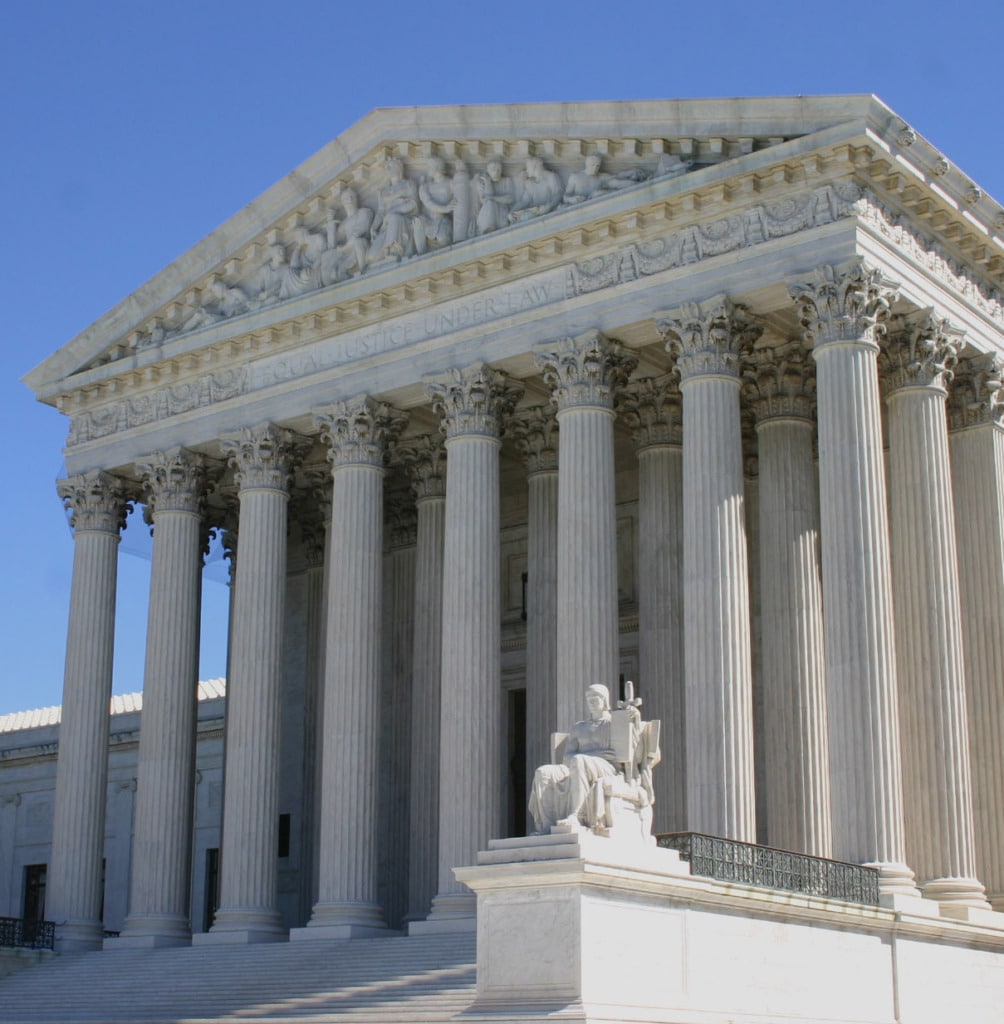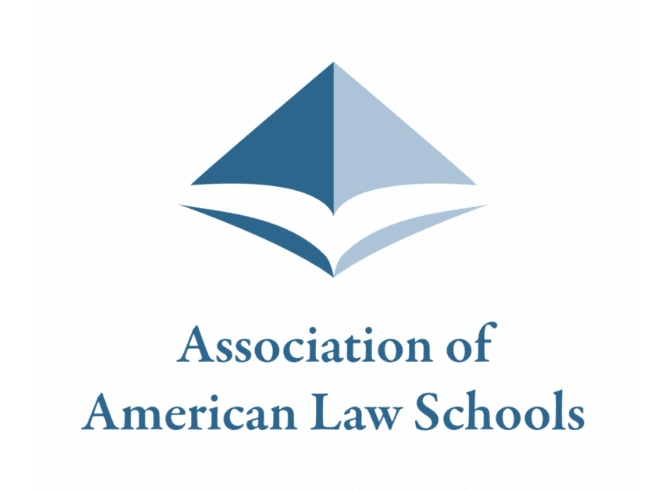Cisco’s Cert Petition
Last Friday, January 31, 2025, Cisco Systems filed a petition for certiorari asking the Supreme Court to review the Ninth Circuit’s decision in Doe v. Cisco Systems, Inc. (2023), a decision holding that claims of aiding and abetting may be brought under the Alien Tort Statute (ATS) and Torture Victim Protection Act (TVPA). As more…
Continue ReadingSupreme Court CVSGs in Terrorism Case
On January 13, 2025, the Supreme Court called for the views of the Solicitor General in Borochov v. Islamic Republic of Iran. (This is commonly known as a “CVSG.”) The question presented is whether the Foreign Sovereign Immunities Act’s (FSIA) exception for state sponsors of terrorism, 28 U.S.C. § 1605A, extends to cases in which…
Continue ReadingDistrict Court Applies Securities Fraud Provision to Foreign Transactions
Does § 10(b) of the Securities Exchange Act apply to securities on foreign exchanges? Generally, the answer is no. The Supreme Court held in Morrison v. National Australia Bank (2010) that § 10(b)—the Act’s principal antifraud provision—applies only to transactions on U.S. exchanges and to transactions in unlisted securities that occur in the United States….
Continue ReadingAALS Conflicts Section Panel: Extraterritoriality in Flux
Happy New Year! Those readers attending the AALS Annual Meeting in New Orleans might be interested in attending the panel sponsored by the Conflicts Section on Friday, January 9 at 8:00-9:15. The topic is “Extraterritoriality in Flux” and here is the description: In determining the law applicable in a particular case, a critical step is…
Continue ReadingHappy New Year!
TLB will be on winter break until January 7, 2025. We wish you all the best in the new year!
Continue ReadingAll I Want for Christmas (from the Supreme Court)
Following up on John Coyle’s post yesterday, I’ve prepared my own list of things I wish courts in the United States would do differently in transnational litigation. 1. Abandon the U.S.-Conduct Requirement for the Presumption Against Extraterritoriality The Supreme Court uses a presumption against extraterritoriality to determine the geographic scope of federal statutes. There have…
Continue ReadingSuing Over the Price of Gas
The Organization of Petroleum Exporting Countries (OPEC) was established in 1960 “to ensure the stabilization of prices by, among other means, the regulation of production.” On one level, OPEC is simply a cartel engaged in anticompetitive behavior. On another level, it is an organization of nation-states that plays a significant role in world politics. Since…
Continue ReadingCassirer Plaintiffs Ask Supreme Court to GVR
On Friday, the plaintiffs in Cassirer v. Thyssen-Bornemisza Collection Foundation filed a cert petition asking the Supreme Court to grant, vacate, and remand (GVR) the Ninth Circuit’s decision in light of new California legislation mandating the application of California law to the merits of the case. It would be standard practice for the Court to…
Continue ReadingSupreme Court Grants Cert in Fuld v. PLO
Today, the U.S. Supreme Court granted certiorari in Fuld v. Palestinian Liberation Organization to decide whether the Promoting Security and Justice for Victims of Terrorism Act (PSJVTA) violates the due process clause of the Fifth Amendment. For prior TLB coverage of Fuld, see here, here, here, here, and here. The PSJVTA purports to establish personal…
Continue Reading








